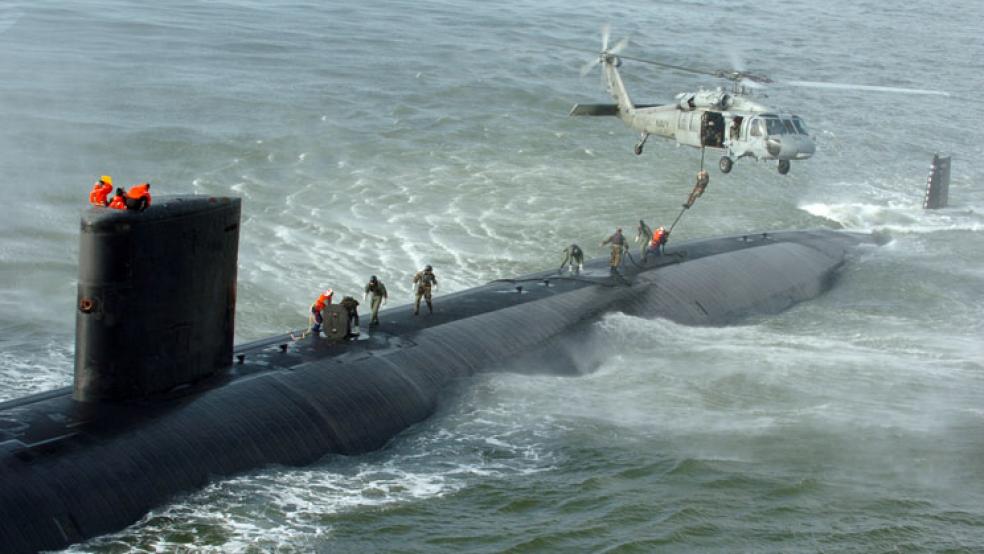The United States conducted two raids against al Qaeda-linked groups in Africa this weekend. One was successful. The other was not.
In Libya, U.S. forces successfully detained Nazih Abdul-Hamed al-Ruqa, who was wanted for his alleged role in the 1998 bombing of U.S. embassies in Tanzania and Kenya. Special Forces operatives captured him in front of his home and shipped him out of the country, enraging Iranian officials in the process.
The Libya raid followed an attack by Navy SEALS on the Somali coast. The SEALS were reportedly attempting to capture Abdikadir Mohamed Abdikadir, a leader of al Shabab, the group responsible for the recent raid of a Kenyan mall. The raid was unsuccessful.
These attacks serve as reminders of two important points on U.S. military strategy. First, the small war model of Special Forces and drones is becoming the primary sign of U.S. power—and it’s already here. The war in Afghanistan is not officially over yet, but it might as well be: barring a dramatic shift in world affairs, the United States is unlikely to fight one like it in the foreseeable future. This past weekend is view of the future of war.
Secretary of Defense Chuck Hagel all but declared war on similar groups in a statement made shortly after the raids. “We will continue to maintain relentless pressure on terrorist groups that threaten our people or our interests, and we will conduct direct action against them, if necessary, that is consistent with our laws and our values,” he said.
The second point is more uncomfortable. The success of the SEAL mission to kill Osama bin Laden, along with a video game industry that presents Special Forces as unbeatable, has conferred the special branches with a degree of invincibility. They’re modern-day Titans, a superior fighting force with the ability to defeat a larger, less-skilled enemy.
But in war, there are casualties. This war is no different: sooner or later, soldiers are going to die.
The history of the Special Forces shows them to be far from infallible. Poor planning, arrogance and bad lucked doomed Operation Eagle Claw, the operation to rescue American hostages from Iran in 1980. Eight soldiers died in the operation.
In 1993, 18 Army Rangers were killed in the Battle of Mogadishu. The incident is better known as Black Hawk Down, and the loss of life kept the U.S. military disengaged from front-line action for years.
There are countless other examples littered though history, from failures in South American during the Bush administration to missteps during the war in Afghanistan. This past weekend’s mission failed because civilians got in the way.
This is not to disparage U.S. Special Forces; they’re among the best trained and skilled soldiers in the world. One could argue that they’re simply the best.
But even they would acknowledge that war is not a video game. It’s not a movie. Sooner or later, there will be a casualty in the new war on terror. It remains to be seen if the public will be as enthusiastic about it then.
This article was updated on October 9, 2013.





